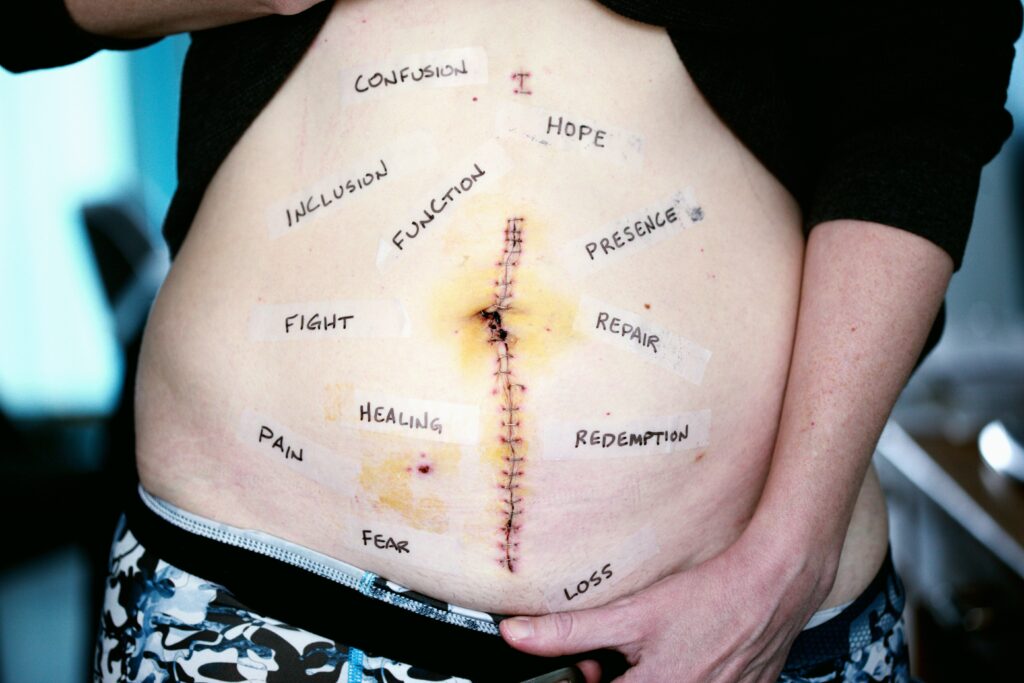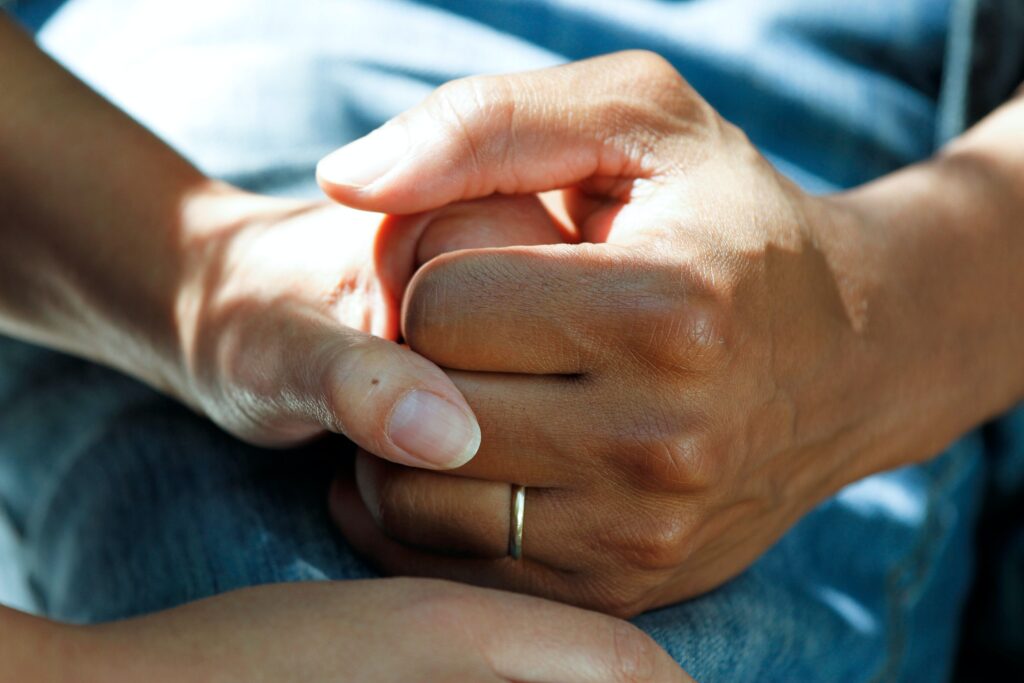Groundbreaking LGBTQ cancer report released
First of its kind, gathered data from LGBTQ cancer survivors.
The National LGBT Cancer Network has released “Out: The National Cancer Survey”, the largest-ever LGBTQIA+ cancer survivor survey. The report is based on findings from over 2700 respondents across the United States, and is a massive step in understanding the ways in which LGBTQIA+ people experience cancer and cancer care.
The report shows how LGBTQIA+ peoples’ identities may affect the quality of the care that they receive within the US healthcare network. The largest survey of its kind to have been completed offers insights into LGBTQIA+ experience when it comes to medical care.
As a trans man myself, I admit I live in fear of needing intensive medical care. Will I be respected if I am too weak to advocate for myself? The fact that more cancer centers are reaching out for training and to do community engagement gives me hope. Considering 40% of us will face a cancer diagnosis at some time in our lives, this is an issue many of us will be facing.
National LGBT Cancer Network Executive Director Scout
The National LGBT Cancer Network recognizes that LGBTQIA+ cancer survivors have important stories to tell, and that it is necessary to uplift survivors’ voices and validate survivors’ experiences. For example, over 2,000 survivors wrote about what they wanted their providers to change to make care better, saying things like: “Place visual cues that your clinic or practice is a safe place….These can be in the form of an HRC sticker or a rainbow sticker or even on your intake forms: They should be INCLUSIVE of all genders and identities. Set up gender neutral bathrooms and when told preferred pronouns and names USE THEM. Do not assume,” and “I am a non-binary person who had breast cancer and would prefer terms like ‘chest’ instead of breasts and ‘people’ instead of women.”

Collecting data from LGBTQIA+ survivors is a challenge in multiple ways: the general disinterest from the average care provider in LGBTQIA+ experiences, as well as connectivity and isolation issues within the community itself. The “Out” report shows how much can be gleaned from this data when it is collected.
Scout acknowledges, “This survey has some really positive news, for example that many people can get to welcoming cancer care. It also has some very clear areas where the healthcare industry needs to listen and act, for example how frequently LGBTQIA+ people want tailored resources and how often we can’t find any.”
The report is an effort of partnership with many organizations across the United States who share the same concern for and interest in LGBTQIA+ cancer survivors. The National LGBT Cancer Network has partnered with a number of organizations in order to complete the survey, the lead partner being The Center for Black Equity.
Out: The National Cancer Survey is available to read through on The National LGBT Cancer Network website at https://cancer-network.org/out-the-national-cancer-survey/.






